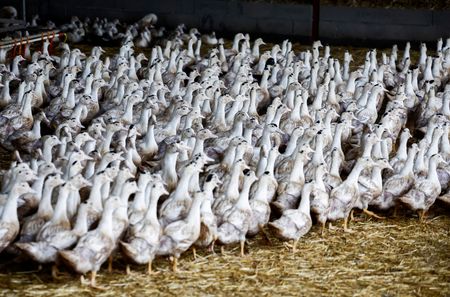By Miguel Pereira
ALFAFAR, Spain (Reuters) – It took Francisco Baixauli two days to travel the 30 km (19 miles) from work to his home town of Alfafar, battling on foot through mud, debris and wrecked cars after catastrophic flash flooding in eastern Spain that killed at least 95 people.
His arrival, with a rucksack on his back, sparked tears of joy from his wife and son, who had feared for his life, especially in the early stages of Tuesday’s floods.
“We were very afraid because my husband wasn’t arriving home and we didn’t know where he was, we saw the water flowing down and how it was going up, we were seeing desperate people, some running trying to reach their homes, the cars were flowing down the streets,” his wife Angela Munoz said.
“Then we ran out of electricity, water, and we were trapped there without knowing what was going to happen.”
Spain issued another storm warning on Thursday for part of the eastern Valencia region, where a year of rain fell in eight hours on Tuesday. Rescuers are still scouring flooded fields and stranded cars for those still missing after the deadliest floods in Spain’s modern history.
Coming back from the port of Sagunto, Baixauli, 53, had to stay in a neighbourhood just 5 km away from Alfafar, “the only place I could reach”.
“I called my wife and son and I knew they were fine at home and it was not possible to reach here until today,” he said.
Reunited and accompanied by their dog, the family inspected nearby streets, where some of their neighbours were cleaning up the debris.
“We didn’t have water until today and we don’t have electricity, we have been eating sandwiches for two days… things in the fridge are rotten and we can’t even shower,” Munoz said.
(Reporting by Miguel Pereira, Miguel Gutierrez, writing by Andrei Khalip; Editing by Sharon Singleton)








